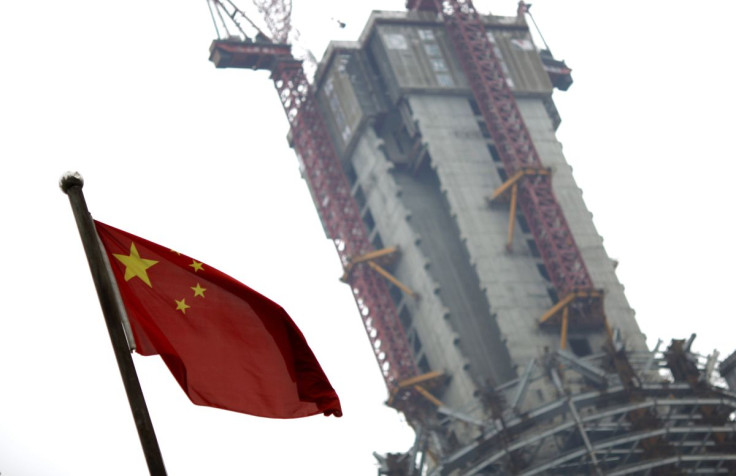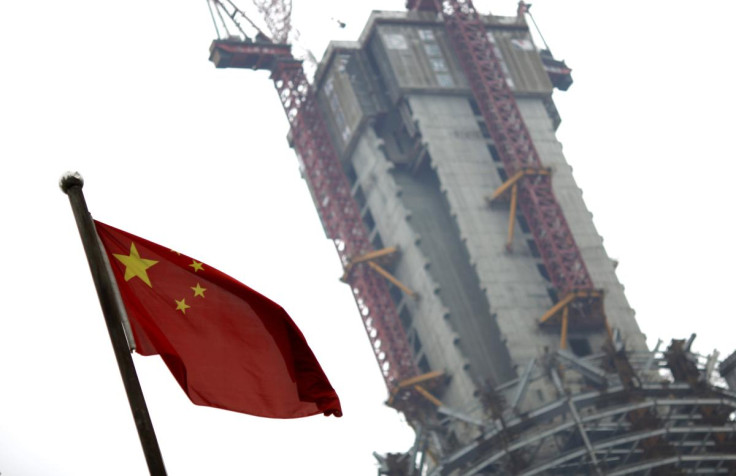China Brags About Cozy Relations With Russia Amid Ukraine Crisis, A Top Concern For Americans

Silence is gold says the adage. But it doesn’t seem to apply to China amid the Ukraine crisis.
Most of the world community has condemned Russia’s invasion of Ukraine, but not China. A large part of the world community has joined forces with the US and EU sanctioning Russia. But not China. Instead, China has developed a cozy partnership with Russia amid the Ukraine crisis, undermining the effectiveness of international sanctions.
Rather than keeping silent about parting with the world community, Beijing is bragging about it. According to a Bloomberg report published this week, Beijing tells the world that its partnership with the Kremlin is a big success and a model for international relations.
“An important takeaway from the success of China-Russia relations is that the two sides rise above the model of military and political alliance in the Cold War era,” Foreign Ministry spokesman Zhao Lijian said, adding that they “commit themselves to developing a new model of international relations.”
Simply put, international relations should be based on pure economic interests and be set apart from military and political ties. That’s a model China has applied worldwide, from Southeast Asia to Africa, and Venezuela, trading with oppressive regimes. And now wants other countries to follow it. So, for instance, China is doing business with oppressive and corrupt regimes in Africa, which America and the EU shun.
Meanwhile, business relations with African countries allow China to gain political and diplomatic influence in the continent, as has been the case in Southeast Asia. For instance, China can use diplomatic relationships to solicit Africa’s votes on sensitive matters in the UN.

Photo: Reuters / Carlos Barria
The trouble is that Beijing’s convenient separation of economic and political relations goes against the Marxist-Leninist model of dialectical materialism of its own system, whereby economics and politics are interwoven. And it’s contradictory.
While Beijing and the Kremlin do not share a political alliance, they share parallel political agendas. The Kremlin wants to reunite former Soviet Republics with pre-revolutionary mother Russia, while Beijing wants to reunite Taiwan with the motherland, as it did with Hong Kong. In addition, it wants to turn the South China Sea into its sea and expand its influence from Pakistan to Sri Lanka to Africa.
Meanwhile, China’s cozy relations with Russia are already a top concern for Americans. That’s according to a recent Pew Research survey, which showed that 62% of Americans think that its partnership with Russia poses a serious problem.
The survey further finds that 82% of Americans have unfavorable opinions of China, including 40% who have very unfavorable views of the country, the highest since the Center began asking this question on its American Trends Panel in 2020.
That certainly doesn’t bode well for the economic relations between Washington and its allies on the one side and Beijing on the other, including trade, which is far more significant in size than trade with the Kremlin.
Can Beijing afford to risk its trade with the US and EU, which accounts for close to 30% of its exports, for the Russian trade, which accounts for less than 5%?
Can Beijing afford to be cut off from American and European technology and find itself on the wrong side of history again?






